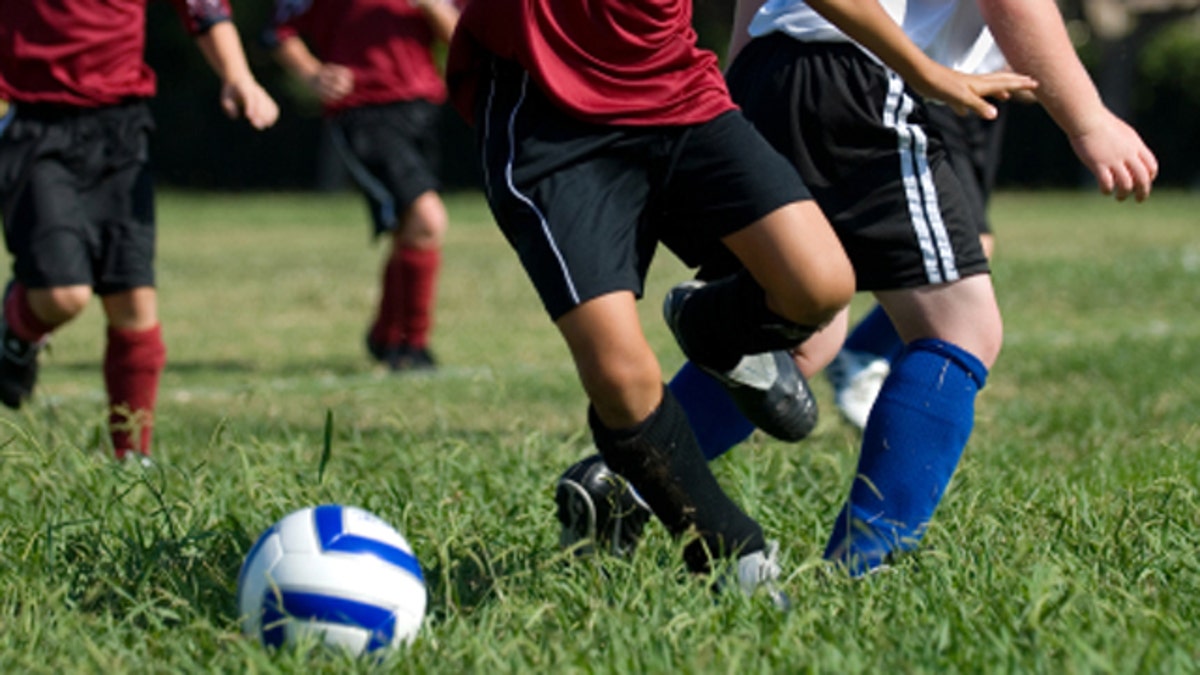
iStock Photo
When an 11-year-old patient developed an irregular heartbeat after eating what he told me was “candy” before a soccer game, it occurred to me that there might be something else at play here.
This intelligent and astute patient said his soccer coach had distributed “candy” to the team to give them a boost of energy and help them play better.
Considering that this particular patient had undergone open-heart surgery just months before coming to my office with an arrhythmia, I knew I had to investigate further.
It turns out the “candy” my patient was referring to are Black Cherry CLIF SHOT BLOKS, made by CLIF Bar & Company, and marketed as a nutritional supplement to replace carbohydrates and electrolytes during activity.
One serving contains 50 mg of caffeine, which is about the equivalent of half a cup of coffee or one shot of espresso.
Yes, it is true that this patient was at increased risk because of his heart surgery to close a hole in the wall of the lower heart chamber—a common heart defect that only occasionally requires surgical repair.
But children with a history of heart disease are not the only ones at risk for the occurrence of a cardiac event while taking stimulants. Some children have undiagnosed heart conditions, making them more vulnerable to the effects of exercise and stimulants.
CLIF SHOT BLOKS are targeted towards endurance athletes, like cyclists and marathon runners that need to replace nutrients lost during physical activity and get a little boost of energy to keep them going. The small amount of caffeine they contain may seem safe, but in the wrong hands, these chewy treats can be confused with candy—as evident with my young patient.
What concerns me most about this kind of confusion is the potential for children to unknowingly consume multiple servings. Exposure to excessive amounts of caffeine can be toxic, and can result in arrhythmias, seizures and even death.
CLIF SHOT BLOKS not only deliver the stimulant, they also contain undiluted sugar, salt and potassium, so the manufacturer suggests taking them with enough water to prevent dehydration.
A healthier alternative for kids such as Gatorade or Powerade contains salt, sugar and potassium in safe concentrations. But these drinks should be consumed only to replenish fluid lost during physical activity.
Sports drinks contain large amounts of sugar, so using them in place of daily water consumption can increase the risk of dental problems and help fuel the obesity epidemic.
According to a recent report published in the journal, Pediatrics, experts are urging kids and teens to avoid energy drinks and only consume sports drinks in limited amounts.
The researchers from the American Academy of Pediatrics said that children should never drink energy drinks because they contain caffeine and other stimulants that put stress on the body.
Most energy drinks and supplements also contain vitamins and herbal extracts that are not well researched or regulated, and we just don’t know enough about the potential side effects.
From soda, to energy drinks, to caffeine-laced chews, our children are being exposed to exceptionally high levels of stimulants, all in an attempt to improve performance.
The reality is, when these products are consumed during physical activity, they can be extremely dangerous. The combination of a stimulant in the face of dehydration is a recipe for disaster.
I thought I was asking all the right questions when a child presents with palpitations: Are you on any prescription stimulants, any weight-loss medications, protein, or supplement drinks? Do you drink coffee, soda, or energy drinks?
It never occurred to me that my interview must now include seemingly innocent “candy.”
Dr. Robert J. Tozzi is the chief of pediatric cardiology and founder of the Pediatric Center for Heart Disease at Hackensack University Medical Center in Hackensack, New Jersey. He is also the director of the Gregory M. Hirsch Hypertrophic Cardiomyopathy Center and a Fox News contributor.








































